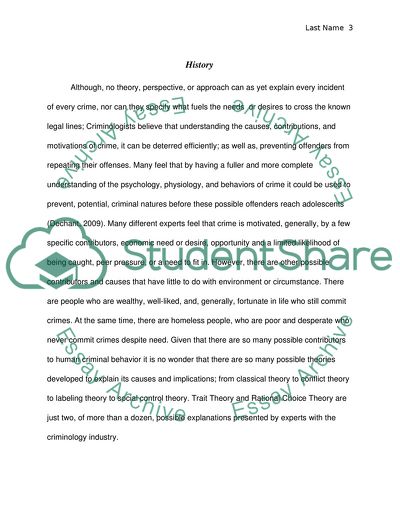Cite this document
(Trait Theory versus Rational Choice Theory Coursework, n.d.)
Trait Theory versus Rational Choice Theory Coursework. https://studentshare.org/law/1807669-rational-choice-theory-vs-the-trait-theory
Trait Theory versus Rational Choice Theory Coursework. https://studentshare.org/law/1807669-rational-choice-theory-vs-the-trait-theory
(Trait Theory Versus Rational Choice Theory Coursework)
Trait Theory Versus Rational Choice Theory Coursework. https://studentshare.org/law/1807669-rational-choice-theory-vs-the-trait-theory.
Trait Theory Versus Rational Choice Theory Coursework. https://studentshare.org/law/1807669-rational-choice-theory-vs-the-trait-theory.
“Trait Theory Versus Rational Choice Theory Coursework”. https://studentshare.org/law/1807669-rational-choice-theory-vs-the-trait-theory.


